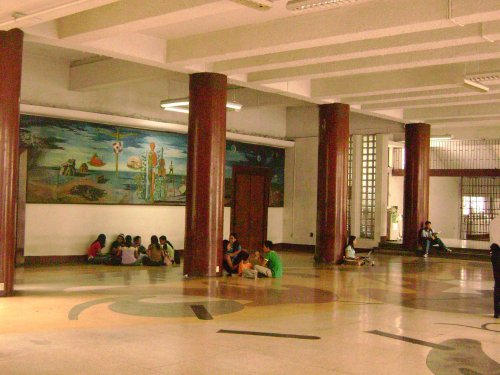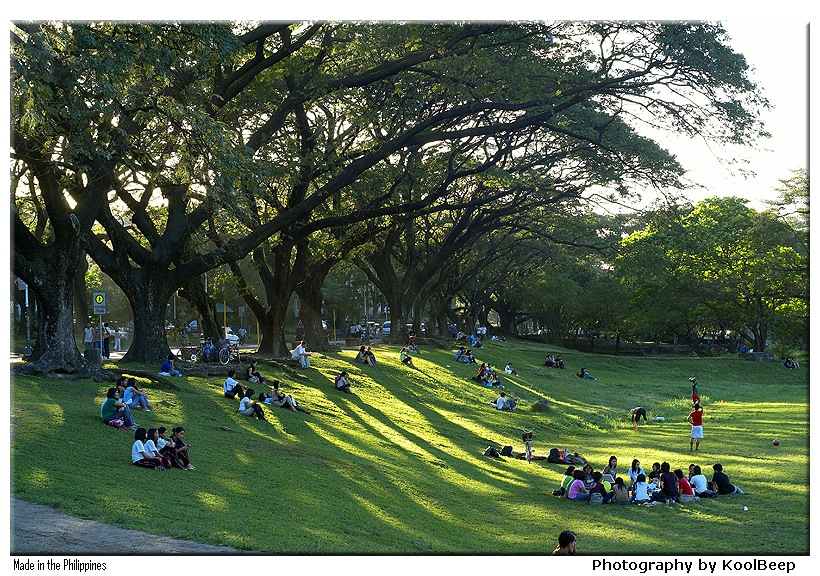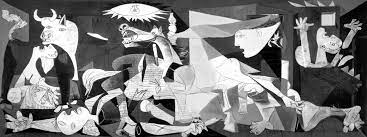INTRODUCTION
Soc Sci 1
(Foundations of Social Science) is a General Education (GE) course. As such, it
contributes to the shaping of a UP graduate who is skilled in the different
modes of inquiry by enabling them to understand the distinctive subject matter
and mode of inquiry of social science. Soc Sci 1 prepares UP students for the
lifelong challenges of independent learning as well as engaging in
interdisciplinary collaborations.
Soc Sci 1
as a GE course is aligned to the GE program objectives of UP, as follows:
A. To broaden intellectual and cultural horizons. Soc Sci 1 exposes students to the various ways by which social science can be brought to bear in understanding social problems.
B. Hone critical and creative thinking. Soc Sci 1 fosters critical thinking through activities that require students to identify various forms of social relationships and injustice.
C. Develop a passion for learning and scholarship. The set of required readings in Soc Sci 1 includes classics, seminal works, and research reports that would enable students to identify theoretical and methodological threads and to learn how new inquiries may be formulated to push the boundaries of knowledge production.
D. Cultivate a high sense of intellectual and moral integrity. By devoting extensive discussions on reflexive and ethical research, Soc Sci 1 cultivates a high sense of intellectual and moral integrity in students who are taking the course.
E. Foster a commitment to nationalism and social justice. Soc Sci 1 provides students with analytical tools for understanding and developing solutions for social problems and issues within and outside their own society and culture. It engages and nurtures critical thinking skills needed to understand and address inequalities in Philippine society that could help in the process of nation-building.
Soc Sci 1
is designed as a thematic introduction to social science as an integrated
discipline. As a foundational course, its emphasis is on the value of social
scientific knowledge which is produced through rigorous ethical research and
critical analysis of real-world problems towards crafting solutions to
persistent social problems. Thus, the key themes of this course include
reflexive production of knowledge, ethical research, multiple publics, and
cross-cutting contemporary issues.
With its emphasis on social
science as a form of knowledge production (rather than on methods per se), this
Soc Sci 1 course enables UP students who come from the different K-12 strands
to imbibe and appreciate the social science lens through which they can view
and address contemporary problems beyond the limits of their disciplinal
specialization. For students who were in the HUMSS Strand, this course will
enhance their knowledge and appreciation of social science as an integrated
discipline. For non-HUMSS Strand students, this course will enable them to have
an understanding and appreciation of the relevance of social science inquiry in
their respective college disciplines.
COURSE SYLLABUS
Course
Description
Social science as an integrated discipline, its contribution to knowledge production, its distinctive research practice, and its relevance to social development
Course Goals:
To equip students with knowledge about social science as an integrated discipline, its problematique, distinctive research practice, and relevance, which would prepare them for the lifelong challenge of engaging productively in interdisciplinal collaboration towards addressing contemporary social problems
Course Outcomes (CO):
Upon completing the course, students must be able to:
CO 1. Discuss key concepts and debates related to human nature, society and social change, the natural environment, and their interrelationships using basic social science theories;
CO 2. Define reflexivity, ethical research, and multiple publics in the context of social science inquiry;
CO 3. Examine cross-cutting contemporary issues and problems relevant to the Philippines and the world using a social science lens.

- Teacher: Josephine Dionisio

- Teacher: Josephine Dionisio

- Teacher: Herbert Docena

- Teacher: Josephine Dionisio

- Teacher: Herbert Docena
- Teacher: Herbert Docena
